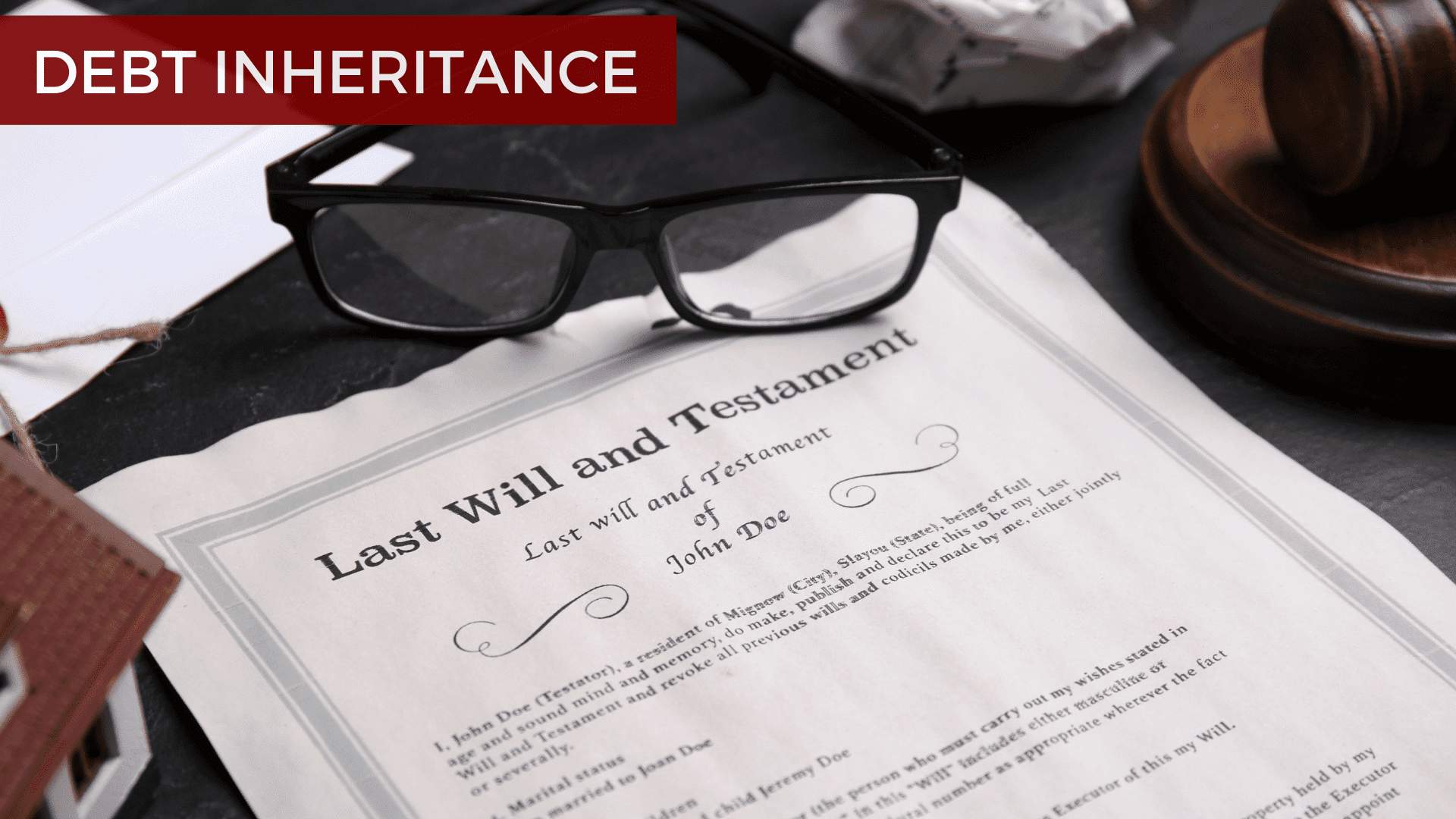Your rights around inheriting debt in Canada can vary depending on several factors, including provincial…

Deceased and Still Getting Collection Letters?
“Do you not understand she’s dead? What part of dead don’t you understand?” West said. “There’s no one to pay this bill.”
What if you were nervous to open up your mailbox because you would be reminded of your deceased child?
Personally, I can’t even imagine this scenario; however, a parent featured in a recent news story was going through this every day when Bell Canada was attempting to collect a debt owed by her deceased daughter. Sadly, Christine West of Ontario lost her daughter, Katie, to suicide in December of 2011. Katie’s cell phone with Bell Canada had an outstanding balance of approximately $215, and for three years the company attempted to collect it, even though she had passed away and Christine had provided proof Katie’s death certificate to Bell (numerous times).
Yes, a company is entitled to make a claim to the Executor of an Estate for the monies owed; however, there is a minimum amount of assets required to be in an Estate before a claim for Probate needs to be made, and that varies from province to province. Most companies, as the article notes, would just right off the debt – after all, $215 isn’t exactly a large sum. So why would Bell continue to harass Katie’s mother?
Many companies are hoping that as an account cycles through the system of debt collection, the individual (whether they owe the money or not) will become fatigued, frustrated, and overwhelmed and simply pay off the debt. In this situation, Ms. West claims that she forwarded the death certificate multiple times, despite Bell’s response that they “[…] have no record of receiving the certificate […].” Fortunately, in this case, Ms. West was able to stay strong and resist the temptation to ‘make it go away,’ which I’m sure was no small task given the gravity of her situation. Bell’s harassment only ceased when Ms. West contacted Global News for assistance. Bell’s statement to Global News in regards to this case appeared to be neither apologetic in tone nor proactive in any sense.
So, why did it take so long for Bell to concede? Why do companies think that it is okay to harass individuals, especially for debts that they don’t even owe?! What can you do if you are experiencing this treatment?
- Did I Sign For It? The first thing that you must always remember is that if you didn’t sign for the debt, you aren’t personally responsible for it. Your signature is your legal obligation to pay a debt, not your relationship to someone. A creditor is obligated to prove to you that you signed for a debt – not the other way around. You are entitled to request proof of the debt owed – in writing, and the creditor must provide you with this – no exceptions.
- Creditors Are Allowed to Make Estate Claims. Debt doesn’t transfer by death. Companies do retain the ability to make a claim against a deceased person’s estate for monies that are owed to them; however, this does not mean that a company is allowed to personally harass or intimidate surviving family members for the funds.
- Know Your Rights. Remember that some companies may try to ‘bend’ the collection laws in their favour – it is up to you to know your rights and responsibilities, and very unfortunately, sometimes it is up to you to uphold the creditor to these laws.
- Notify The Creditors. If someone passes away, you do have an obligation to notify the individual’s creditors – some will request a death certificate and others will not. Remember, if you send any information to the deceased’s creditors, keep a log of all correspondence in a safe place (date, time, person you spoke with, telephone and extension numbers, etc). Keep a record of your fax confirmations and emails as proof of your correspondence, and record telephone calls if you can.
- Inquire About Insurance. If your loved one had insurance on their loan or credit card, they may be entitled to have the debt(s) repaid through the insurance rather than liquidated through their estate. Rather than relying on the creditors to tell you if your loved one had insurance coverage, see if you can find any proof of insurance in their personal documents (sometimes insurance proof can be found on an account/credit card statement).
- Facing Harassment? If you find that you are being harassed by a deceased loved one’s creditors, you have options and assistance available to you. Harassment is a serious, criminal, and sometimes common practice used by the collection industry. Each province is governed by their own collection laws – more information on this can be found here (http://www.debtcanada.ca/news/archive/debtors-rights/97-stop-creditor-harassment).
Unfortunately, as illustrated in Christine West’s situation, creditors would have you believe that death and debt aren’t straight forward. It is outrageous that Ms. West had to go to such extreme lengths to end Bell Canada’s harassment. Perhaps she should consider legal action in response to their apparent apathy and harassment in relation to her situation. Remember – you do have rights and there are federal and provincial laws that protect you!












